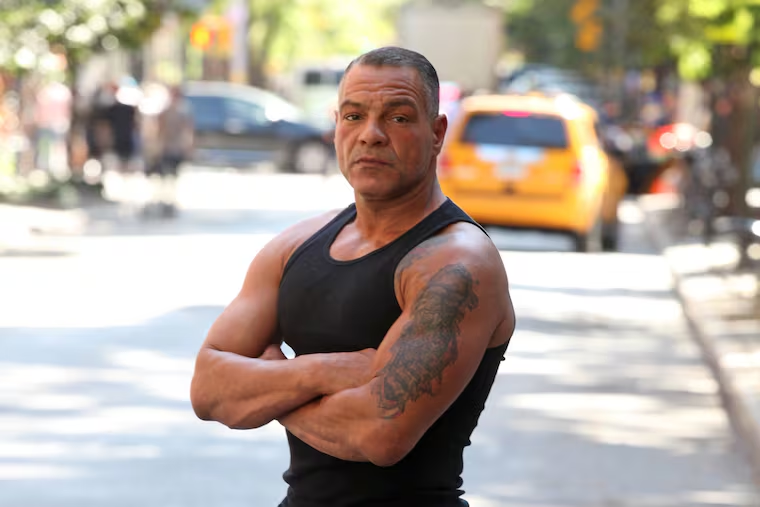Palestine’s World Cup hopes continue despite damage to Gaza’s sports sector from ongoing conflict.

In the heart of Khan Younis, Gaza, a poignant story unfolds as 75-year-old Shaker Safi treks through his memories, clutching faded photographs that chronicle the athletic journey of his late son, Mohammed. A football coach and educator, Mohammed was dedicated to empowering the youth through sport, believing it to be a potent tool for fostering hope and community. Tragically, his dream was cut short when he lost his life in an Israeli airstrike on November 15, 2023.
Mohammed Safi, who graduated in physical education from Al-Aqsa University, was instrumental in his role as the head coach of Al-Amal Football Club and was celebrated for mentoring young athletes aged six to 16. His father reflects on his aspirations: “He believed sport could lift youth from despair. But war reached him before he could reach the world.” His wife, Nermeen, a devoted art teacher, now grapples with the loss alongside their four children. The family’s grief is palpable as they cherish the last remnants of Mohammed’s legacy, including his notes on coaching and a single football.
The plight of Mohammed’s family is far from isolated. Since the onset of conflict, the Palestinian Olympic Committee reports that over 582 athletes, coaches, and sports professionals have lost their lives, a devastating toll that extends beyond individuals and touches the very fabric of Palestinian sports culture.
For many young athletes in Gaza, aspirations of participating in sports have been eclipsed by the immediate need for survival. Yousef Abu Shawarib, a 20-year-old goalkeeper, recounts his story of displacement. Once able to train on the fields he loved, he now finds himself taking refuge in Khan Younis Stadium, where tents have replaced players. “This is where my coach used to brief me before games,” he observes, lamenting the transformation of a venue that once pulsed with athletic energy into a shelter for those affected by the conflict.
Despite these challenging circumstances, embers of hope flicker. Shadi Abu Armanah, the head coach of Palestine’s amputee football team, dreams of returning to the pitch after the storm passes. The team has represented Palestine on international stages, creating a sense of pride and unity. However, the ongoing conflict has shattered those ambitions, demonstrating the far-reaching consequences of destruction—not just on the physical but also on the psychological and professional development of athletes.
The tragedy of erasure affects not only individual lives but entire communities, as Gaza’s sports infrastructure faces critical damage. As Asaad al-Majdalawi, vice president of the Palestinian Olympic Committee, highlights, the destruction has left at least 270 sports facilities either damaged or completely destroyed. This loss represents a cultural and social blow to a nation that values resilience and determination through athletic achievements.
Despite the tremendous challenges, Shaker Safi and many others hold firm to the belief that sports will emerge as a beacon of hope and unity for the Palestinian people once again. They envision a future where the sound of a ball being kicked across the freshly mended fields symbolizes not just the return of sports, but a revival of dreams and a testament to the unyielding spirit of a community that refuses to be defined by conflict.
This narrative of resilience and hope comes amidst a global silence that has been troubling to many. The calls for support and acknowledgment of the devastation faced by Gaza’s sports community seem to echo into a void, leaving many to wonder when accountability will arrive.
As the world watches, the fate of Gaza’s sporting future hangs precariously in the balance, but the conviction of those like Shater and Shadi illuminates a path forward—a return to identity and life through sport, united in hope amidst adversity.
#MiddleEastNews #CultureNews






